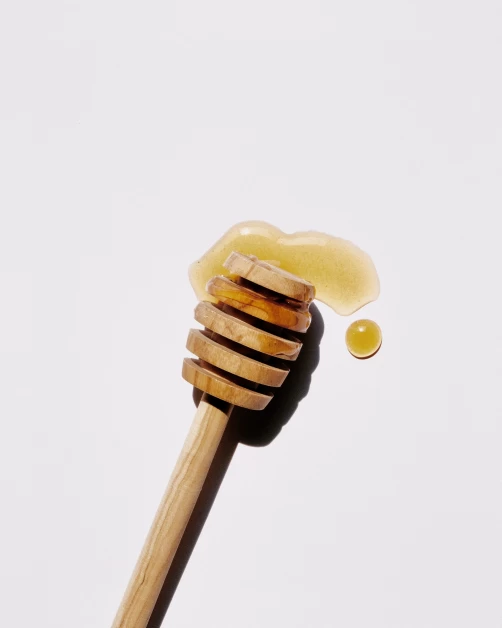Table of Contents
Introduction
In this article, we will explore the various uses of Manuka Honey for wound care in pets. Manuka Honey is a natural remedy that has been used for centuries due to its medicinal properties. We will discuss the benefits of Manuka Honey for wound healing, its effectiveness in treating chronic wounds, and its potential use in preventing and treating bed sores in immobilized patients.
Benefits of Manuka Honey for Wound Healing
Manuka Honey as an Antibacterial Agent
Manuka Honey is known for its strong antibacterial properties. It contains a component called methylglyoxal (MGO) which is responsible for its antibacterial activity. MGO has been shown to be effective against a wide range of bacteria, including antibiotic-resistant strains such as MRSA. By applying Manuka Honey topically to wounds, it can help kill bacteria and prevent infection, which is crucial for wound healing.
Manuka Honey as an Anti-inflammatory Agent
In addition to its antibacterial properties, Manuka Honey also has anti-inflammatory properties. Chronic wounds are often accompanied by inflammation, which can delay the healing process. The anti-inflammatory activity of Manuka Honey helps reduce inflammation and promote faster wound healing.
Manuka Honey as a Moisturizer
Proper moisture balance is essential for wound healing. Dry wounds can hinder the healing process, while excessive moisture can promote bacterial growth. Manuka Honey has a hygroscopic nature, which means it can absorb moisture from the environment and maintain an optimal moisture level in the wound bed. This helps create an ideal environment for wound healing.
Effectiveness of Manuka Honey in Treating Chronic Wounds
Chronic wounds are a significant challenge in wound care, as they are often resistant to conventional treatments. The presence of biofilms, which are complex communities of bacteria, is one of the main reasons why chronic wounds fail to heal. Biofilms protect bacteria from the immune system and antibiotics, making it difficult to eliminate them.
In recent years, there has been increasing interest in using Manuka Honey to treat chronic wounds. Studies have shown that Manuka Honey can disrupt biofilms and kill bacteria, making it an effective treatment option for chronic wounds. Its antibacterial activity, combined with its anti-inflammatory and moisturizing properties, helps promote wound healing in chronic wounds that have failed to respond to conventional treatments.
Manuka Honey for Preventing and Treating Bed Sores
Bed sores, also known as pressure ulcers, are a common problem in immobilized patients who spend long periods in bed or wheelchair. These sores occur when skin and underlying tissues are subjected to prolonged pressure and friction. Bed sores can be painful, difficult to treat, and can lead to serious complications if not managed properly.
In a study conducted in 2012, researchers found that Manuka Honey could be beneficial in relieving pain and accelerating the healing of wounds with bed sores. The antimicrobial and anti-inflammatory properties of Manuka Honey help prevent infection and reduce inflammation in the affected areas. Its moisturizing properties also help keep the wound bed hydrated, promoting faster healing.
Conclusion
Manuka Honey has proven to be a valuable natural remedy for wound care in pets. Its antibacterial, anti-inflammatory, and moisturizing properties make it effective in promoting wound healing and preventing infections. For chronic wounds and bed sores, Manuka Honey offers a promising alternative to conventional treatments. If you have a pet with wounds or bed sores, consider using Manuka Honey as part of the treatment plan. It is important to consult with a veterinarian to ensure proper application and dosage for your pet’s specific needs.
For more information on Manuka Honey and its health benefits, visit https://aboutmanukahoney.com.

